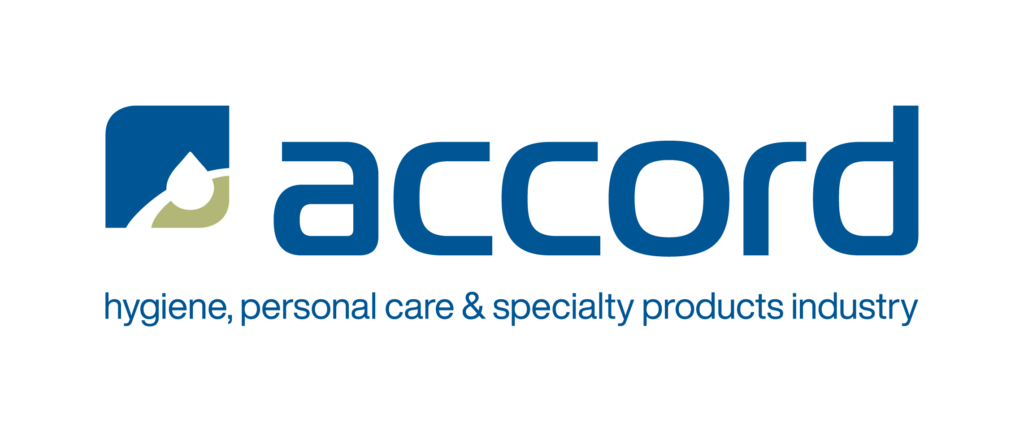Get assistance with medicine applications with the TGA
The type of application you make depends on the type of medicine product you have, depending on the ingredients it contains and/or the indications (therapeutic claims) you wish to make. Some products need to be ‘registered’ and undergo a full evaluation, while others fall within the ‘listed’ classification and can be almost fully self-assessed. Some fall in between. Knowing the difference can save you a lot of time and money.
Even with a well-trained regulatory team, lodging an application for a new medicine can be a huge task. No matter how effective the product is, all your hard work can be undone if vital data is missing or key questions are not answered.
That’s why expert advice is so important.
We know the regulations, the systems, and the people who manage them – because we have worked on both sides of the process. We know what to put in your proposal and what to leave out. We can anticipate problems and find ways to avoid them before they are raised by the TGA, when it can be too late to save your application.
This stage is key to your product’s success. You need to give the regulator every reason to say yes – and no reason to say no.
We can help you identify which regulatory path is right for your medicine. Sometimes there will be options and we can advise on the pros and cons of each one. We know the requirements for each category, and we can help you ensure that you have the correct documentation to support approval in Australia.
We can review your documents and assist you if you want to do it yourself, or we can prepare and submit the documentation for you.
Getting approval for your OTC medicines
OTC medicines are non-prescription medicines that are not complementary medicines. They are required to be registered in the Australian Register of Therapeutic Goods (ARTG) before import, manufacture or supply in Australia and are subjected to a full quality, safety and efficacy evaluation.
At Archer Emery & Associates, we can help you by:



Getting approval for your Registered Complementary Medicine
Registered Complementary Medicines (RCM) are complementary medicines which include ingredients that are not permitted for listed medicines and/or have indications that are not permitted for listed medicines. They are required to be registered in the Australian Register of Therapeutic Goods (ARTG) before they are imported, manufactured or supplied in Australia and are subjected to a full quality, safety and efficacy evaluation.
At Archer Emery & Associates, we can help you by:
Listed assessed medicines are only allowed to contain the same permitted ingredients as listed medicines. Where you would like to include one or more ‘medium level’ indications that are not allowed for a listed medicine, the TGA requires sponsors to apply to have the medicine included in the ARTG as listed assessed (L(A)). Sponsors can then include a ‘claimer’ on their labels and in advertising.
At Archer Emery & Associates, we can help you by:


These are mainly complementary medicines (Schedule 14 of the Therapeutic Goods Regulations 1990) and sunscreens. They are considered low risk products that are only allowed to contain permitted ingredients and only allowed to have permitted indications. They are required to be listed in ARTG before import, manufacture or supply in Australia, however the application process is electronic and not subject to premarket assessment.
At Archer Emery & Associates, we can help you by:
Getting approval for your Change Applications
Making changes to products can be a simple process that only requires you to notify the TGA, or it can be a complex one that requires a full assessment and approval by the agency.
What’s more, sometimes a change in one area can mean changes are also required in another that take time and expertise to resolve.
We can ensure you make the right application for your proposed changes, that it clearly addresses any problems and knock-on possibilities, and that it answers the questions the TGA are likely to have.
We can either help you to do it yourself, or prepare and lodge your TGA change applications on your behalf. Either way, you’ll save time and money.


If a medicine generally meets the requirements for listing but one or more of the ingredients is not included on the permitted list (or doesn’t meet the requirements specified in the list) you have the option to get the list amended if the TGA can be satisfied that the ingredient is of suitable quality and safety.
At Archer Emery & Associates, qwe can help you by:
Liaising with the TGA throughout the evaluation process.
Getting approval when your medicine does not comply with a Standard
Sometimes your medicine will not be able to comply with a required standard. It may be a labelling issue, or something related to the quality of the product.
In cases like these it is possible that the TGA will grant an exemption under section 14 of the Therapeutic Goods Act 1989, which will allow you to supply your product even if it does not meet all aspects of a particular standard. This may be for certain batches or for a particular period of time.
At Archer Emery & Associates, we can help you by:

Archer Emery and Associates – the Therapeutic Goods Administration (TGA) Experts. To find out how to enhance your regulatory team and maximize your chances of success – whatever the project. Click here to get in touch >>
Talk to the regulatory experts
Postal Address:
PO BOX 638 Duncraig
WA 6023
Please enter you email below to stay up to date on the latest new and issues from theTherapeutic Goods Administration (TGA).




